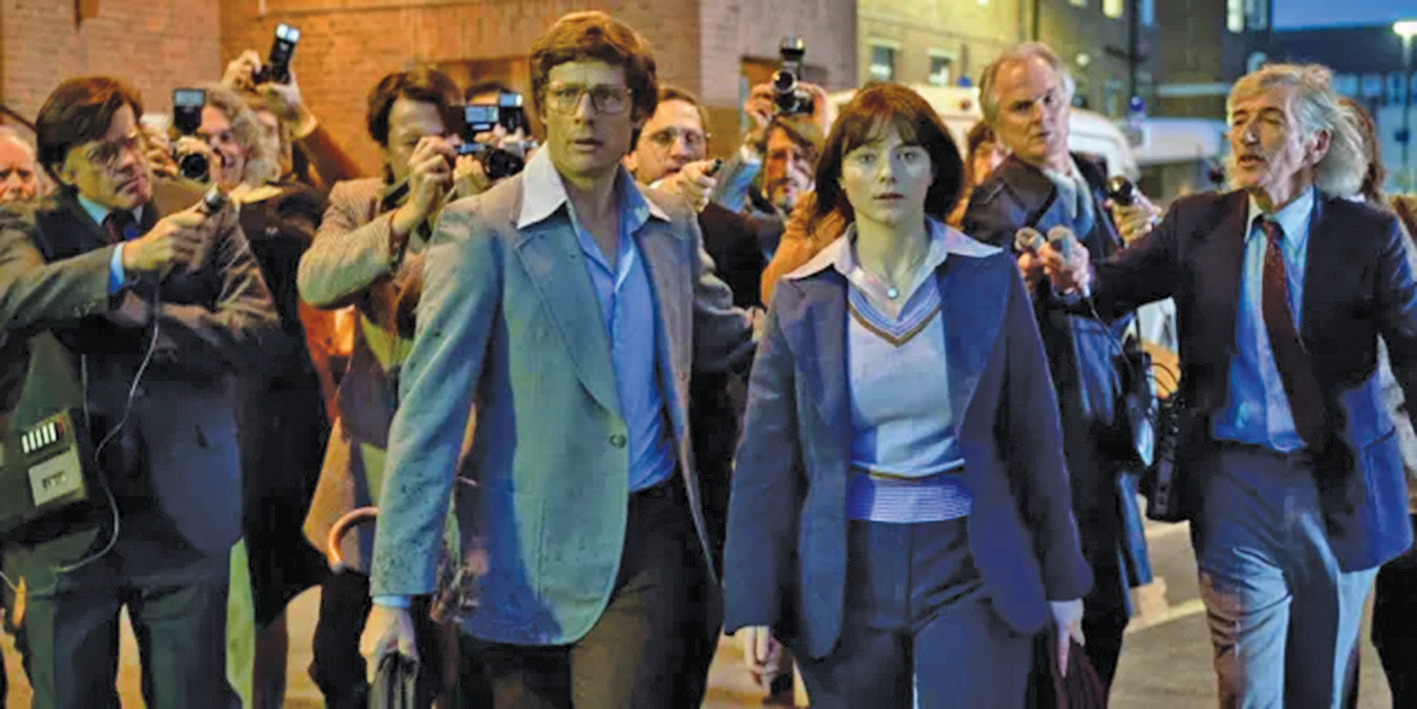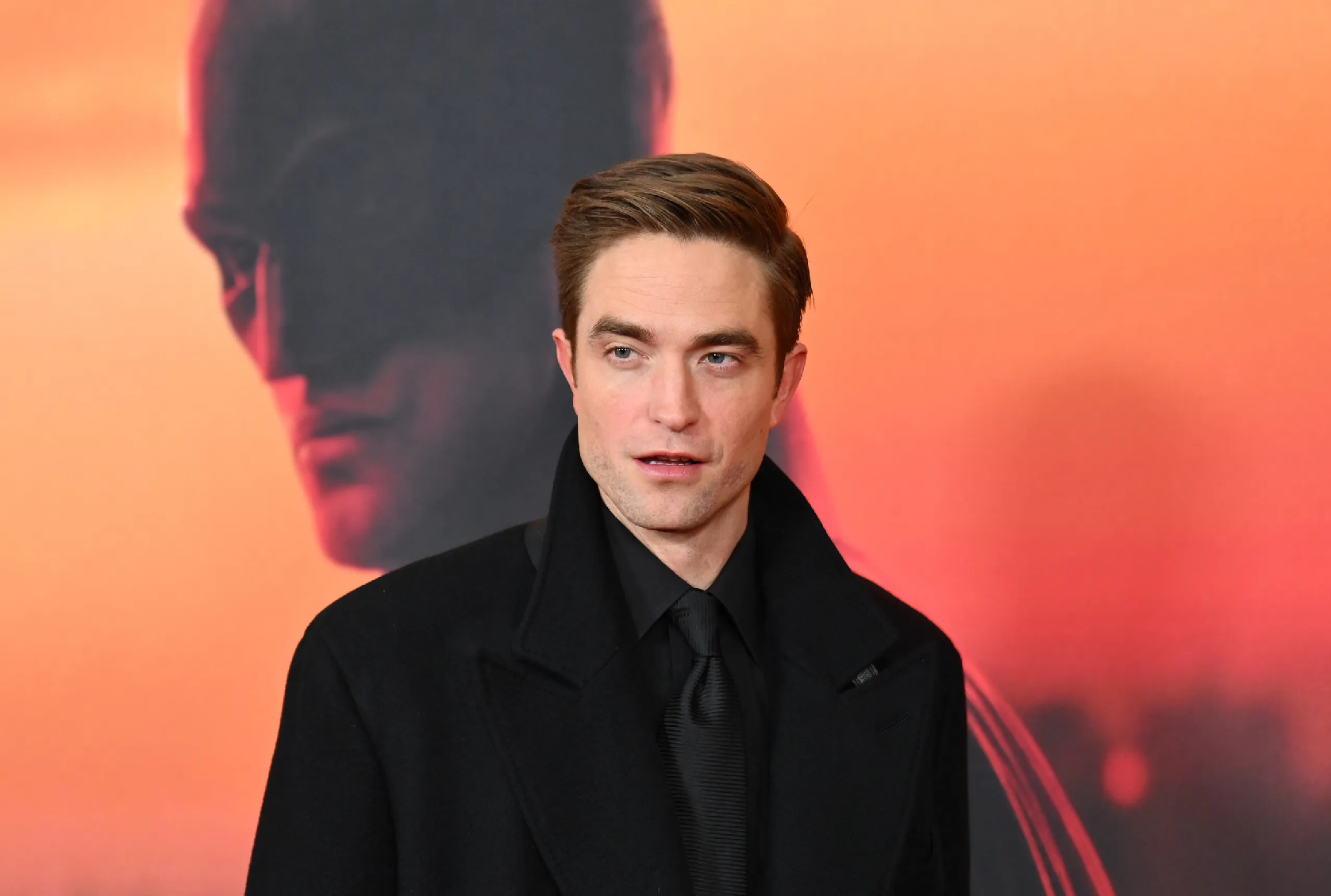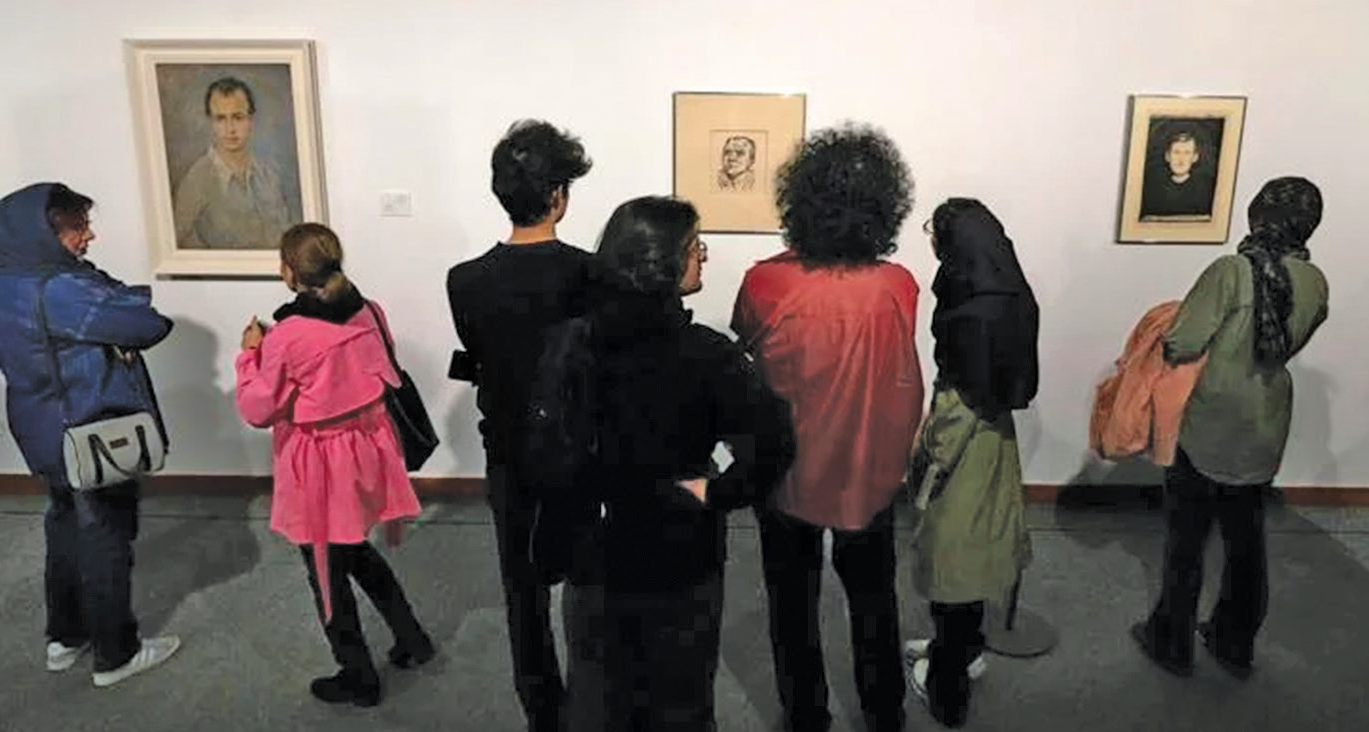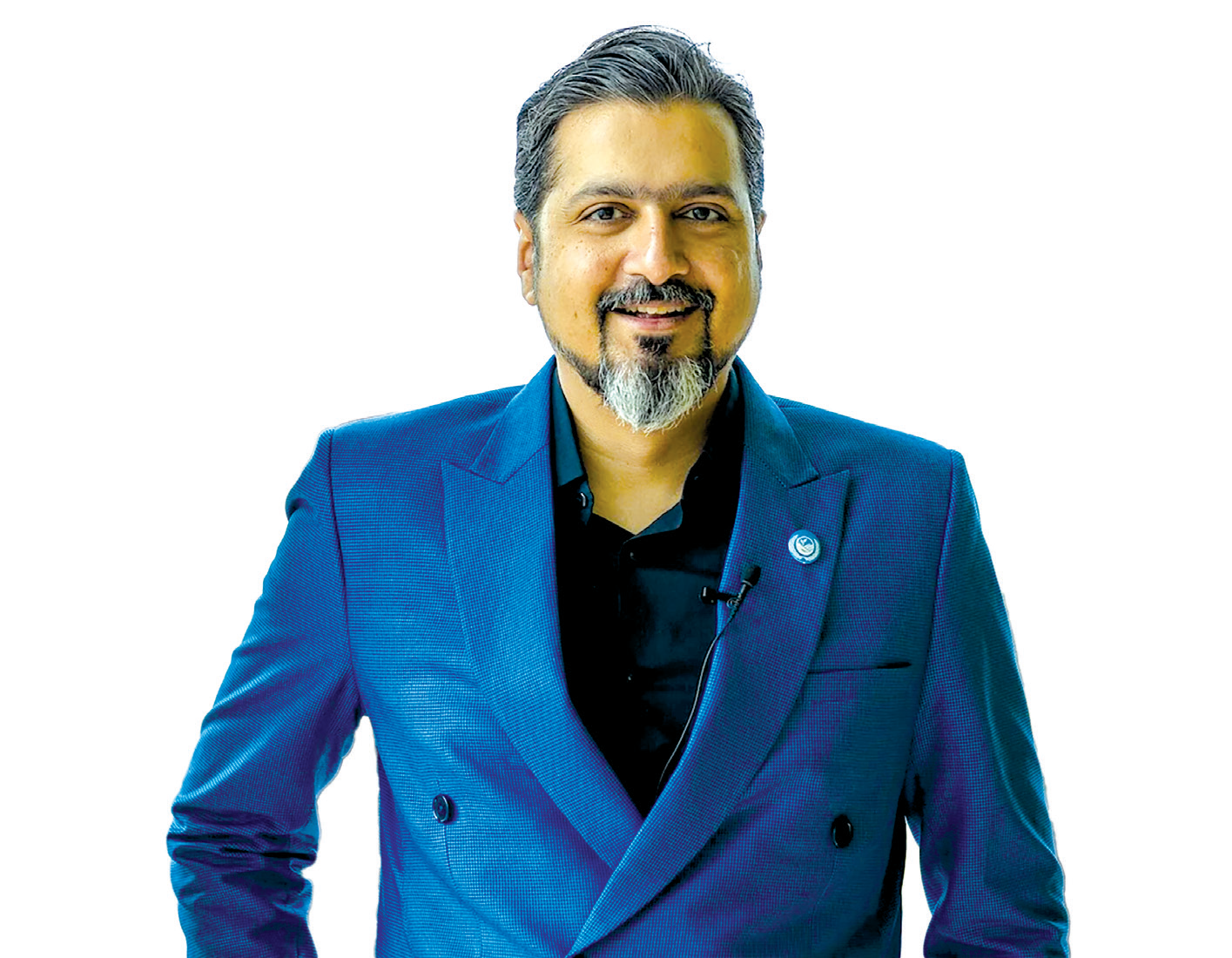
Representation on the rise: TV study shows LGBTQ characters increase in number with streaming
Lynn Elber
LGBTQ representation on scripted TV series has grown along with the footprint of streaming services, according to an annual study by the advocacy group GLAAD.
“TV is leading entertainment in telling LGBTQ stories,” Sarah Kate Ellis, president and CEO of GLAAD, said in the “Where We Are on TV” report on the 2021- 22 season that was released Thursday.
In recognition of the increased number and profile of streaming services, the study added five relative newcomers to the trio — Amazon, Hulu and Netflix — included in previous GLAAD diversity tallies.
Broadcast networks and cable channels are part of the study, which also looks at broadcast representation of women, people of color and those with disabilities.
Netflix, which has consistently topped its streaming competitors in LGBTQ inclusivity, according to GLAAD, ranked first again, with 155 regularly seen or recurring characters on its original comedy and drama series.
But GLAAD offered thinly veiled criticism of Netflix over its handling of Dave Chappelle’s 2021 special “The Closer,” which was faulted by people inside and outside the company for what they deemed anti-transgender humor. Netflix co-CEO Ted Sarandos later said he erred in addressing employee concerns, but the special remained on the streaming service.
“It would be disingenuous to shine a light on Netflix’s inclusive programming without also being clear on the harm Netflix did to the LGBTQ community this past fall by doubling down on giving anti-LGBTQ content the reach and legitimacy of their platform and brand,” the report said.
The following are among the report’s findings, by platform:
Streaming
There were 358 regularly seen and recurring LGBTQ characters in series offered by the eight streaming services included in the study — an increase of 217 from last year’s total found on three streaming services. (Last year, only Amazon, Hulu and Netflix were tracked.)
Helping Netflix retain its lead in LGBTQ depictions are foreign-language dramas with queer stories, the report said, including “Young Royals” from Sweden, “Rebelde” from Mexico and “Elite” from Spain. They join the inclusive Netflix comedies “Never Have I Ever,” “QForce” and “Sex Education.”
HBO Max, which launched in spring 2020, landed in second place in its first GLAAD tally. The service “quickly built a reputation for standout LGBTQ-inclusive comedy series,” the report said, with the majority of its 71 LGBTQ characters found on comedies, including the Emmy-winning “Hacks,” “The Sex Lives of College Girls” and “Sort Of.”
Broadcast networks
Of the 775 regularly appearing series characters on networks in prime time, 92 (11.9%) were LGBTQ. The previous record high, in the 2019-20 report, was 10.2%. Combining recurring and regular roles, LGBTQ characters totaled 141, a “significant increase” over last year’s tally of 101, the report said.
In a first-time finding, lesbians represent the majority of LGBTQ characters on broadcast, with new characters introduced in series including “NCIS: Hawai’i” and “Law & Order: Organized Crime.” The study called it a welcome and “noteworthy change” from TV’s criticized portrayal of queer women as tragic figures.
Although networks field shows with multiple LGBTQ characters, including “Station 19” and “Batwoman,” there has yet to be a series with a majority LGBTQ cast, the study said. In contrast, cable and streaming have offered several, including “Pose,” “Queer as Folk” and “Tales of the City.”
Among series regulars, characters of color reached a record 50%, up 4 percentage points from the previous season, while the share of female series regulars hit a new high of 47%. But network depictions of characters with disabilities dropped to 2.8%, just 22 characters, from a high of 3.5%.
Cable channels
Two years ago, GLAAD said that it asked all TV platforms to commit to people of color making up at least half of LGBTQ characters, and broadcast and cable met the challenge. “Unfortunately, this year cable moved backward,” the report said, dropping from 52% to 45%.
A sharp jump in the number of recurring LGBTQ characters on cable series, along with an uptick among regular characters, brought the combined total to 138 on prime-time scripted cable originals. That’s up from last season’s 118 but a significant drop from the 215 characters of two years ago. —AP
 English daily published in Bengaluru & Doha
English daily published in Bengaluru & Doha






